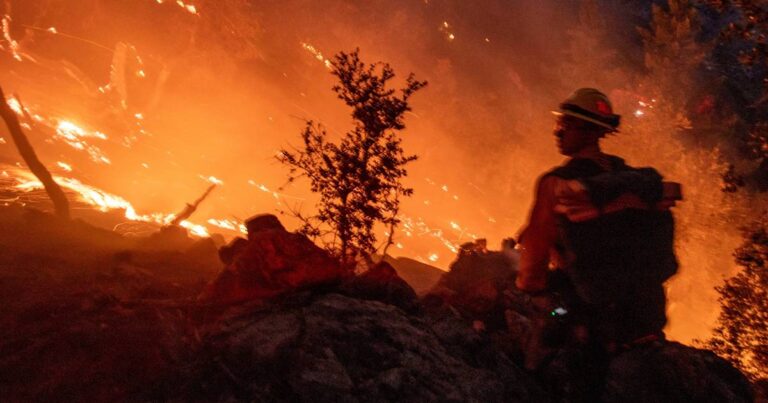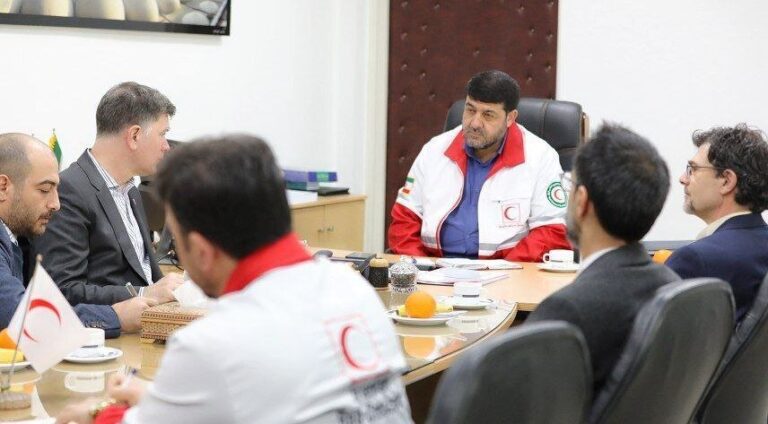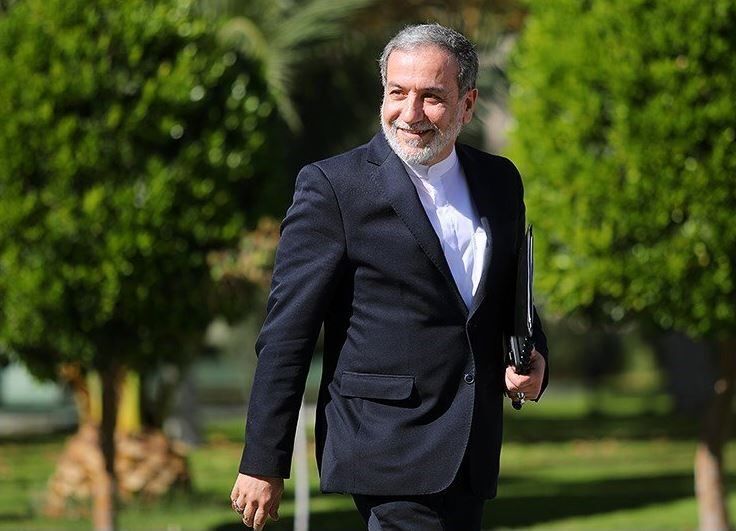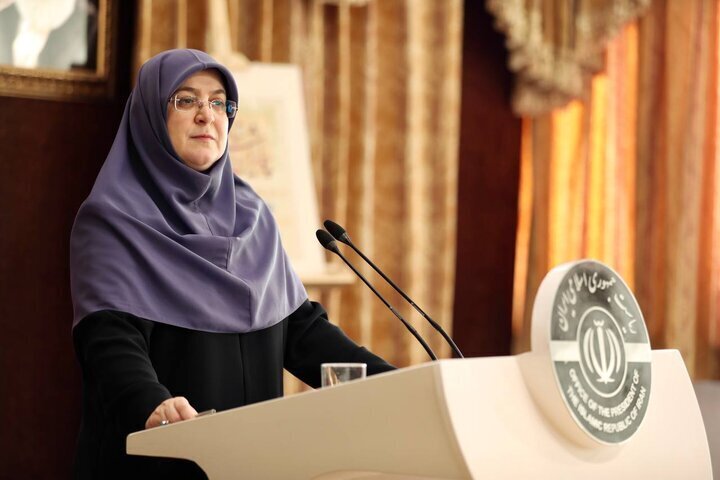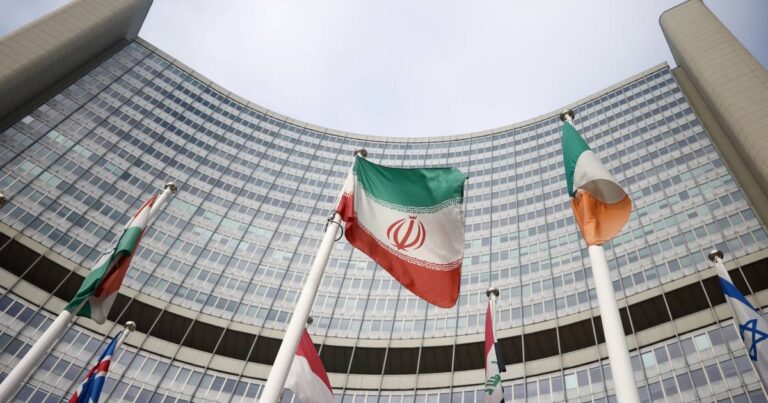Baghdad’s Kurdish Disarmament: A Strategic Move for a Tehran Agreement
The recent announcement by Iraqi authorities regarding the prohibition of activities by militant groups in Iraqi Kurdistan has sparked significant discussion. This development is important not only from a security standpoint but also raises legal and human rights concerns. To provide clarity on this complex issue, we present insights from various experts, including an exclusive commentary by regional expert Navid Kamali for the Iranian Kurdistan Human Rights Watch.
The Strategic Importance of Ending Anti-Iranian Armed Group Activities in Iraq
The security agreement between Iran and Iraq marks a pivotal moment in their relationship, particularly concerning the anti-Iranian armed groups operating in Iraqi Kurdistan. This agreement addresses several crucial dimensions:
- Security: It aims to enhance the security of shared borders.
- Political: It strengthens national sovereignty for both nations.
- Legal: Establishes a framework for cooperation.
- Social: Fosters a better environment for regional collaboration.
The prohibition of these groups’ activities is not a temporary measure; it reflects the mutual political will of Tehran and Baghdad. This strategy aims to eliminate threats to Iran’s national security and uphold the central government’s authority in Iraq, particularly in its northern regions. Armed groups have exploited Iraq’s complex political landscape and geographical challenges, establishing bases that facilitate terrorism and other criminal activities.
Implementing the security agreement’s provisions, especially regarding disarmament and camp dismantling, is crucial. This action aims to close avenues of infiltration that have historically compromised Iran’s security. The collaboration between Tehran and Baghdad underscores a shared understanding of the threats they face and the need for cooperation in addressing them.
Judicial Accountability and Legal Cooperation
In addition to disarming these groups, there is a pressing need for judicial accountability for their leaders and members. Over the years, these individuals have committed numerous crimes against innocent civilians and security forces in Iran. Pursuing accountability through judicial cooperation between Iran and Iraq is essential for achieving justice and preventing future crimes.
Crimes committed by these groups include:
- Assassinations of national and military officials
- Bombings in public areas
- Attacks on border posts
- Kidnappings
- Collaboration with hostile foreign governments
Failure to prosecute these individuals would disregard the sacrifices made by countless victims and perpetuate a sense of injustice. Judicial actions, whether pursued in Iranian or Iraqi courts, send a powerful message about the unacceptability of terrorism and the necessity of holding perpetrators accountable.
Humane Management of Former Members
Amidst security and legal measures, it is vital to consider the humanitarian aspect concerning individuals who joined these groups under various pressures. Many may now wish to leave these organizations and reintegrate into society. A compassionate approach towards these individuals can weaken the social base of these groups while demonstrating the Iranian government’s wisdom.
Facilitating the safe and dignified return of these individuals is crucial. This process involves:
- Thoroughly reviewing their backgrounds to ensure they pose no security threat.
- Providing counseling and support for reintegration.
- Issuing letters of safe conduct if conditions are met.
Effective collaboration between Iranian government agencies and Iraqi authorities is necessary to implement these humane measures successfully.
Sustainable Development of Border Regions
Lastly, the recent security developments underscore the need for sustainable development in Iran’s western and northwestern border regions, particularly in Kurdish-populated provinces. These areas have faced security threats but also hold potential for growth and stability. Comprehensive development in these regions includes:
- Creating job opportunities for the youth.
- Improving infrastructure, including transportation and energy networks.
- Boosting local businesses and legitimate trade.
- Enhancing social stability and addressing residents’ legal rights.
Investing in these regions can immunize communities against extremist ideologies while fostering a sense of national belonging. By enhancing cross-border trade and establishing economic zones, Iran can secure its borders and promote prosperity.
In conclusion, the announcement regarding the prohibition of militant activities in Iraqi Kurdistan represents a significant step toward enhancing security and cooperation between Iran and Iraq. By addressing security challenges through a multi-faceted approach that includes judicial accountability, humane treatment of former members, and sustainable development, both nations can work towards a more stable and secure future.

